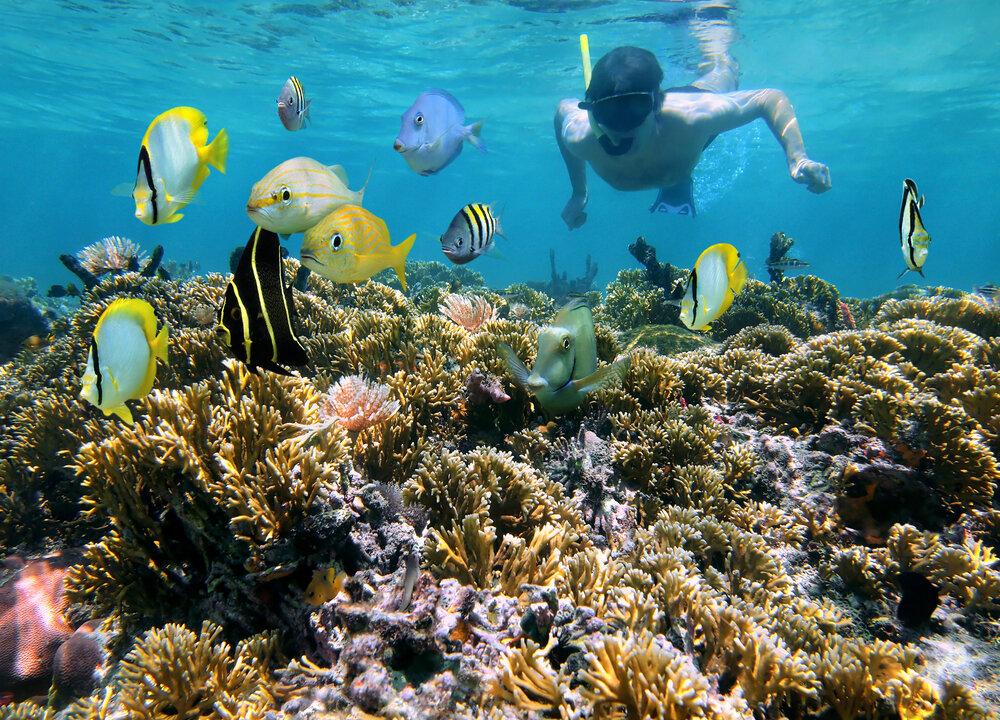The United States has signed a deal to forgive $35 million of Indonesia’s debt in exchange for the Southeast Asian country committing to preserving its coral reef ecosystems, the U.S. Treasury Department said on July 8.
The debt-for-nature swap will redirect funds that Indonesia had initially earmarked for debt repayment to the United States into initiatives aimed at supporting coral reef ecosystem conservation activities.





